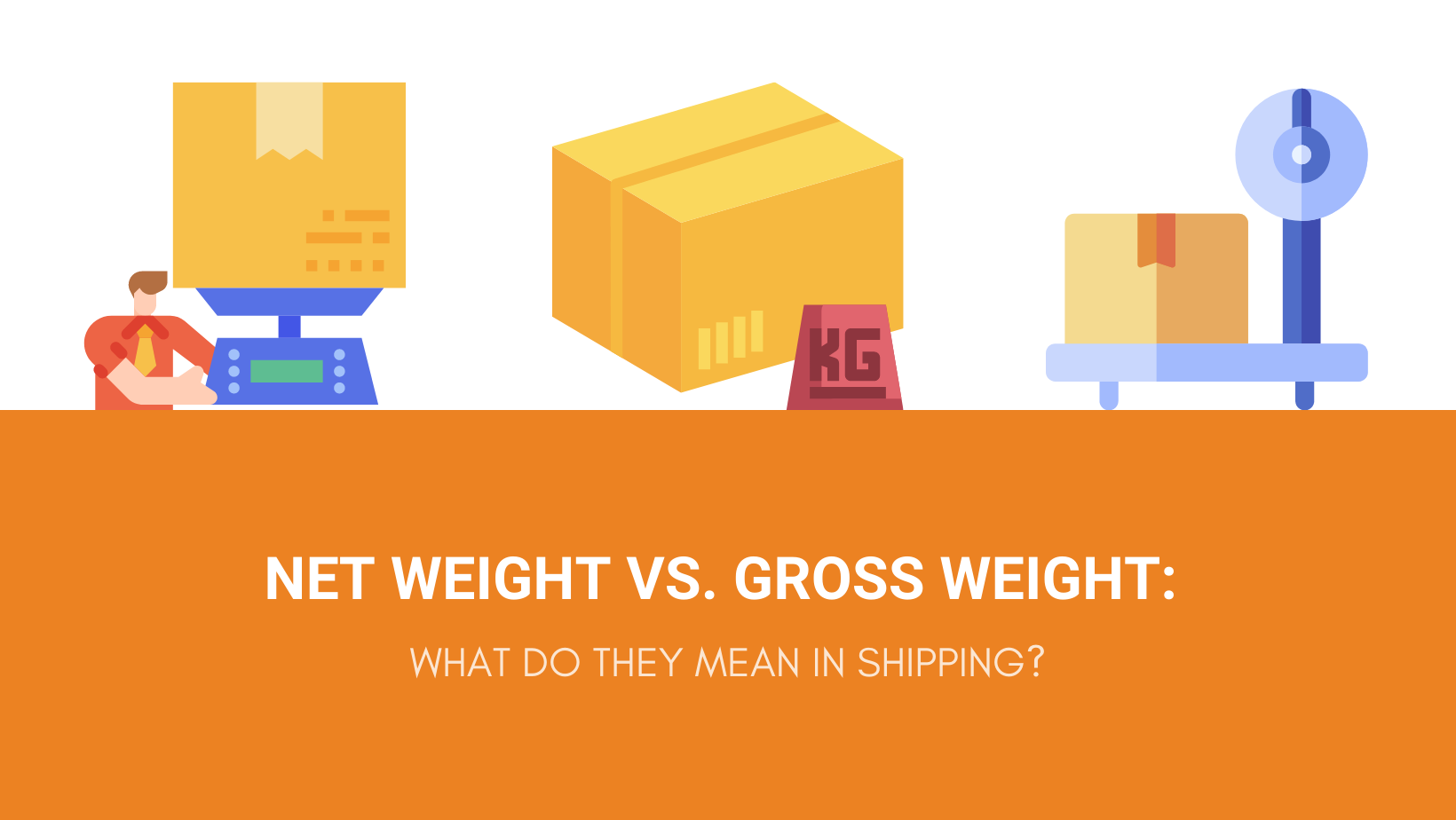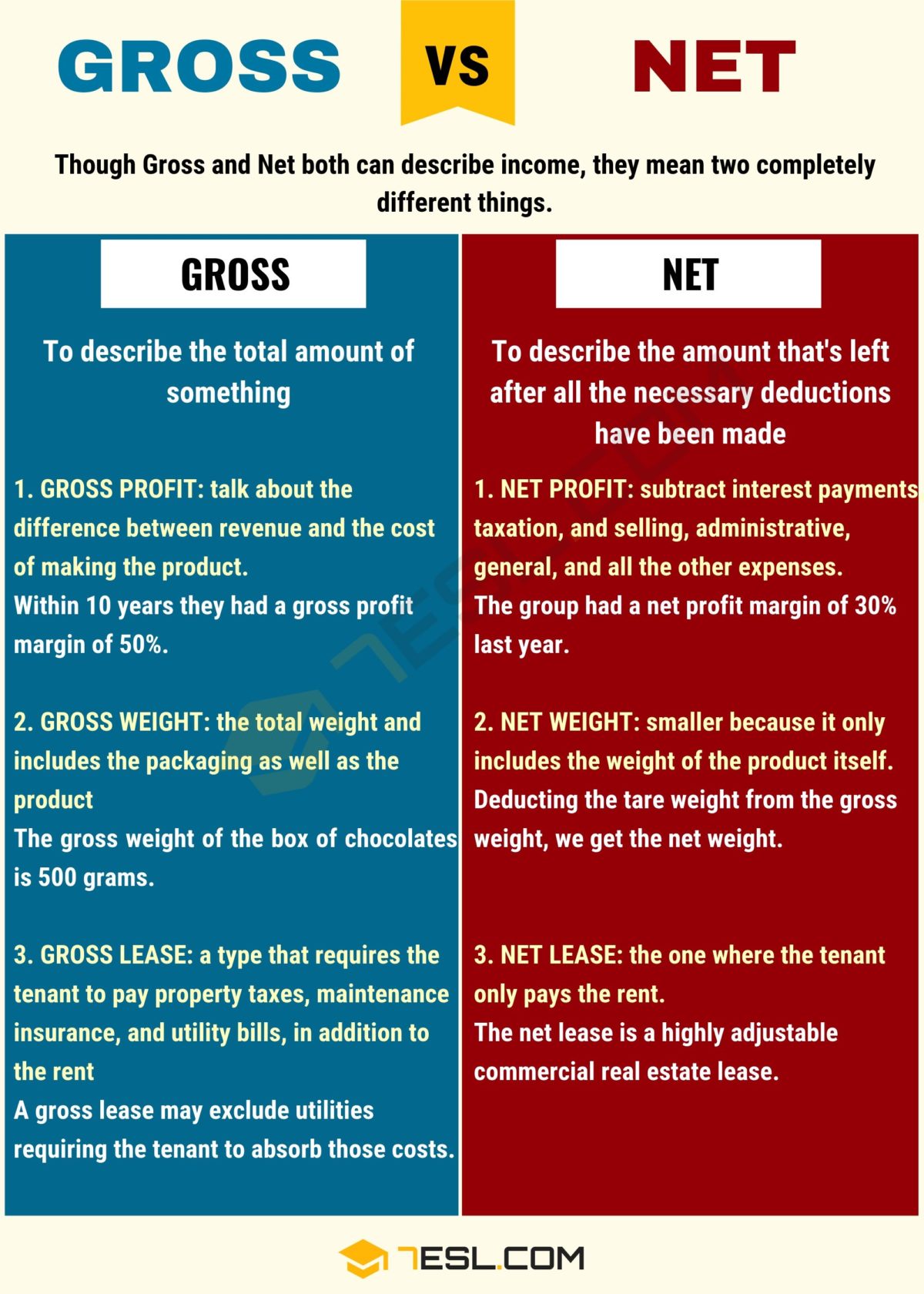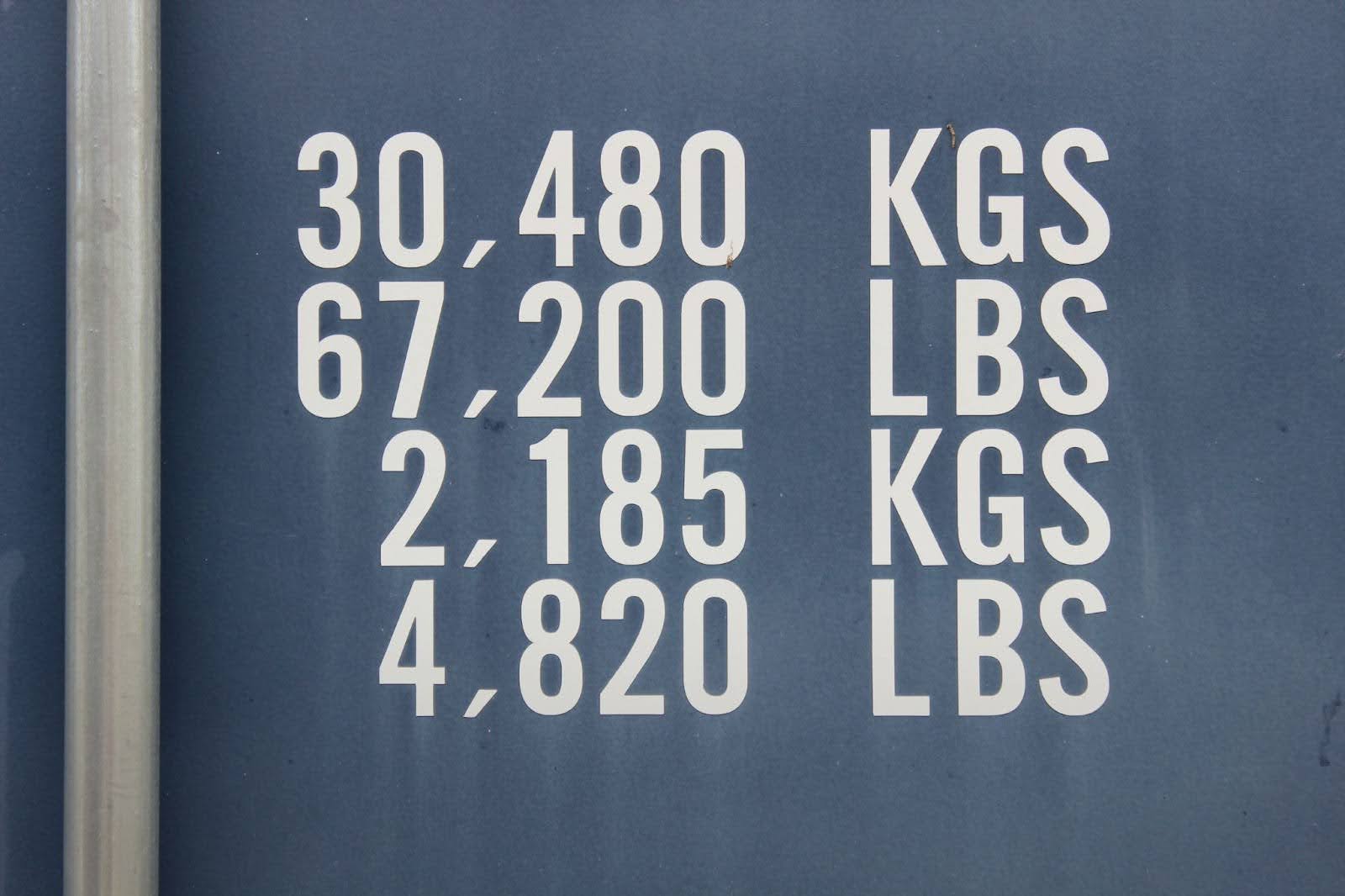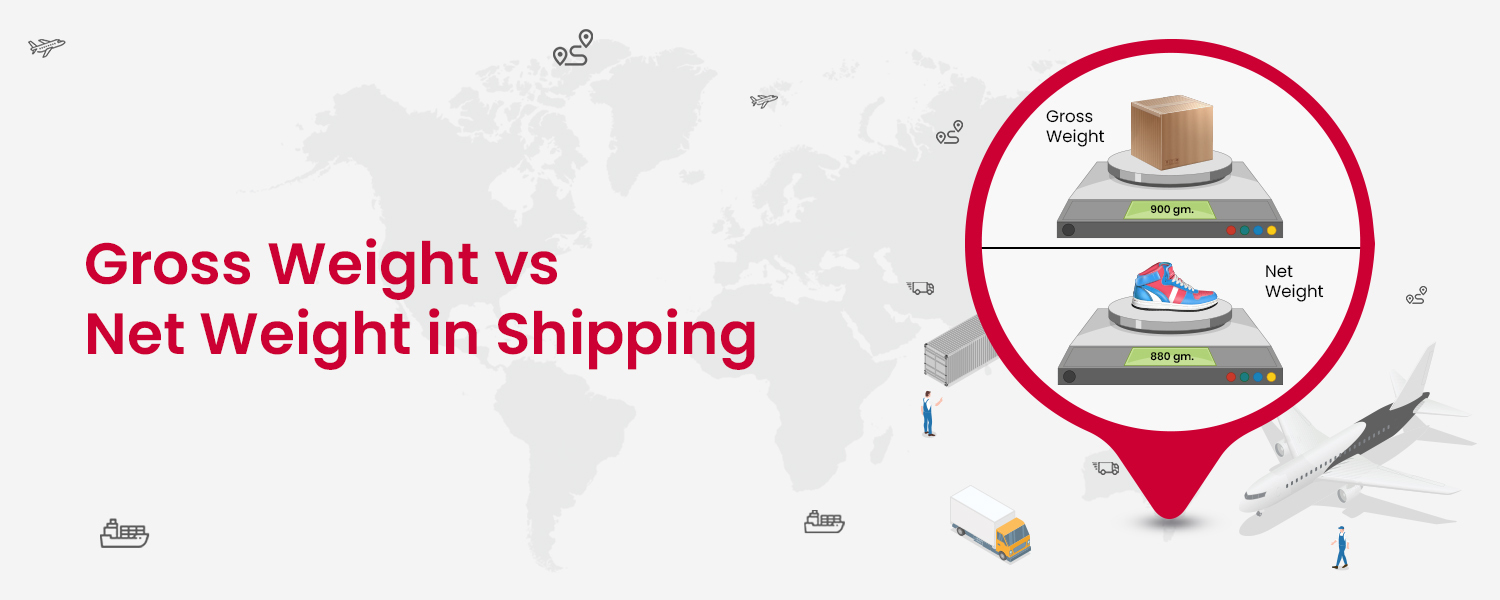Gross Weight Vs Net Weight - Tare weight signifies only the weight of the container itself,. Net weight (n.w.) and gross weight (g.w.) are listed on key documents to help with customs inspections, pricing, and safety checks. Net weight is used for calculating the actual weight of the goods, while gross weight is used for calculating the total weight and shipping costs. Understanding these differences is essential. Net weight, gross weight, and tare weight are three different ways of measuring the weight of a product or a shipment. Conversely, net weight signifies the. Gross weight refers to the total weight of a product and its packaging, encompassing everything that is included during shipping. Gross weight includes the total weight of an object or product, including packaging and materials,. Each document serves a specific purpose and. The difference between gross weight and net weight lies in what they represent:
Each document serves a specific purpose and. Conversely, net weight signifies the. Gross weight refers to the total weight of a product and its packaging, encompassing everything that is included during shipping. Net weight is used for calculating the actual weight of the goods, while gross weight is used for calculating the total weight and shipping costs. The difference between gross weight and net weight lies in what they represent: Net weight, gross weight, and tare weight are three different ways of measuring the weight of a product or a shipment. Understanding these differences is essential. Net weight (n.w.) and gross weight (g.w.) are listed on key documents to help with customs inspections, pricing, and safety checks. Tare weight signifies only the weight of the container itself,. Gross weight includes the total weight of an object or product, including packaging and materials,.
Net weight is used for calculating the actual weight of the goods, while gross weight is used for calculating the total weight and shipping costs. Each document serves a specific purpose and. Gross weight includes the total weight of an object or product, including packaging and materials,. Tare weight signifies only the weight of the container itself,. Gross weight refers to the total weight of a product and its packaging, encompassing everything that is included during shipping. Net weight (n.w.) and gross weight (g.w.) are listed on key documents to help with customs inspections, pricing, and safety checks. Net weight, gross weight, and tare weight are three different ways of measuring the weight of a product or a shipment. Conversely, net weight signifies the. Understanding these differences is essential. The difference between gross weight and net weight lies in what they represent:
Net Weight vs Gross Weight What Do They Mean in Shipping?
Net weight, gross weight, and tare weight are three different ways of measuring the weight of a product or a shipment. Gross weight refers to the total weight of a product and its packaging, encompassing everything that is included during shipping. Tare weight signifies only the weight of the container itself,. Gross weight includes the total weight of an object.
Gross vs. Net What Is the Difference? • 7ESL
The difference between gross weight and net weight lies in what they represent: Understanding these differences is essential. Tare weight signifies only the weight of the container itself,. Net weight is used for calculating the actual weight of the goods, while gross weight is used for calculating the total weight and shipping costs. Gross weight includes the total weight of.
Gross Weight vs Net Weight Understanding the Difference Dropshipper
Gross weight includes the total weight of an object or product, including packaging and materials,. Net weight, gross weight, and tare weight are three different ways of measuring the weight of a product or a shipment. Understanding these differences is essential. The difference between gross weight and net weight lies in what they represent: Gross weight refers to the total.
Net Weight vs. Tare Weight vs. Gross Weight A Comprehensive Guide
Understanding these differences is essential. Net weight is used for calculating the actual weight of the goods, while gross weight is used for calculating the total weight and shipping costs. Conversely, net weight signifies the. Net weight, gross weight, and tare weight are three different ways of measuring the weight of a product or a shipment. Each document serves a.
Gross Weight Vs. Net Weight What is the Difference?
Net weight is used for calculating the actual weight of the goods, while gross weight is used for calculating the total weight and shipping costs. Each document serves a specific purpose and. Net weight (n.w.) and gross weight (g.w.) are listed on key documents to help with customs inspections, pricing, and safety checks. Gross weight refers to the total weight.
Gross and Net Weight Teach, Together, Try YouTube
Net weight is used for calculating the actual weight of the goods, while gross weight is used for calculating the total weight and shipping costs. Each document serves a specific purpose and. The difference between gross weight and net weight lies in what they represent: Gross weight refers to the total weight of a product and its packaging, encompassing everything.
Gross Weight vs Net Weight Difference and Comparison
Tare weight signifies only the weight of the container itself,. Each document serves a specific purpose and. Net weight (n.w.) and gross weight (g.w.) are listed on key documents to help with customs inspections, pricing, and safety checks. Understanding these differences is essential. Conversely, net weight signifies the.
Gross Weight vs Net Weight Key Differences
Gross weight refers to the total weight of a product and its packaging, encompassing everything that is included during shipping. Understanding these differences is essential. Net weight, gross weight, and tare weight are three different ways of measuring the weight of a product or a shipment. The difference between gross weight and net weight lies in what they represent: Tare.
Net Weight Vs. Gross Weight Explained
Gross weight refers to the total weight of a product and its packaging, encompassing everything that is included during shipping. Net weight is used for calculating the actual weight of the goods, while gross weight is used for calculating the total weight and shipping costs. Net weight, gross weight, and tare weight are three different ways of measuring the weight.
Gross vs Net Weight Which Weight Should Be Declared in a Container
Gross weight includes the total weight of an object or product, including packaging and materials,. Net weight (n.w.) and gross weight (g.w.) are listed on key documents to help with customs inspections, pricing, and safety checks. The difference between gross weight and net weight lies in what they represent: Gross weight refers to the total weight of a product and.
Net Weight Is Used For Calculating The Actual Weight Of The Goods, While Gross Weight Is Used For Calculating The Total Weight And Shipping Costs.
Net weight (n.w.) and gross weight (g.w.) are listed on key documents to help with customs inspections, pricing, and safety checks. Understanding these differences is essential. Tare weight signifies only the weight of the container itself,. Conversely, net weight signifies the.
The Difference Between Gross Weight And Net Weight Lies In What They Represent:
Gross weight includes the total weight of an object or product, including packaging and materials,. Each document serves a specific purpose and. Net weight, gross weight, and tare weight are three different ways of measuring the weight of a product or a shipment. Gross weight refers to the total weight of a product and its packaging, encompassing everything that is included during shipping.









